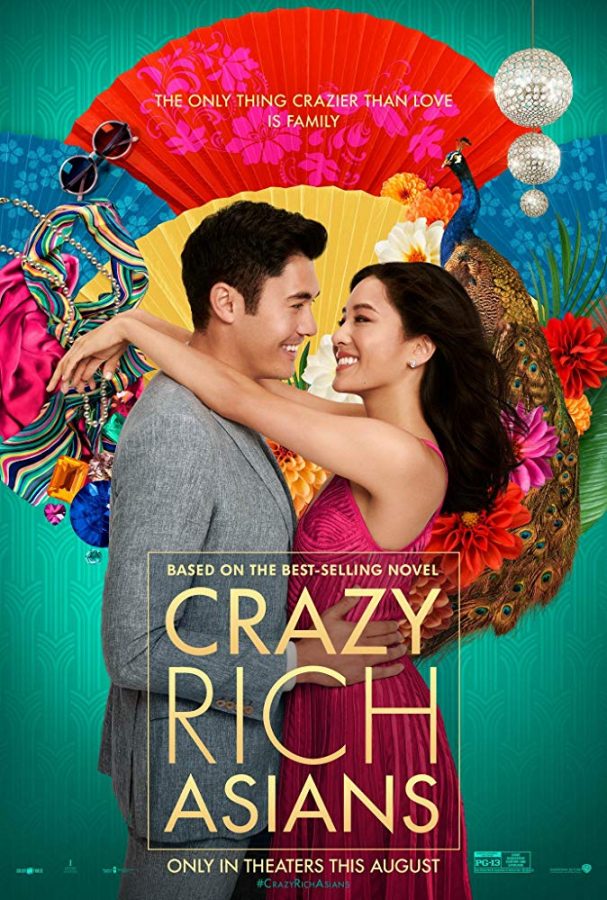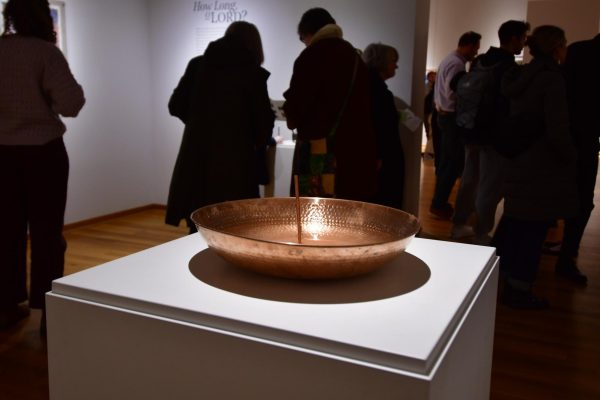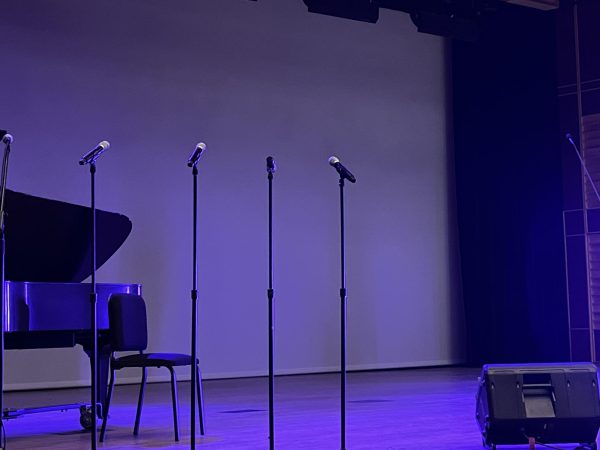“Crazy Rich Asians” showing draws largest crowd of the year
Following its release this past August, Kevin Kwan’s wildly successful film “Crazy Rich Asians” had people flocking to the theaters — and, on Saturday, to Calvin’s CFAC auditorium. Starring Constance Wu and Henry Golding, “Crazy Rich Asians” tells the story of a Chinese-American professor confronting the mind-blowing wealth of her company-heir boyfriend’s family when he brings her back to Singapore for a family wedding. It seems typical at first glance, so what is it that sets the film apart from the average romantic comedy?
Simply put, it’s the fact that it features an all-Asian cast, which hasn’t happened since “The Joy Luck Club” in 1993. “It’s drawn in an audience with new enthusiasm,” student activities office (SAO) director Ken Heffner explained. “It’s a rom-com. In many ways, it’s a pretty superficial movie … but there’s a lot going on there.”
“Crazy Rich Asians” isn’t the only movie to come out this year that highlights people of color. In the past few weeks, SAO has also provided the opportunity to see “BlacKkKlansman” in conjunction with the Multicultural Student Development Office (MSDO). On November 9, they will be offering discounted tickets and transportation to see “The Hate U Give.”
Annette Espinoza, a senior English literature major and ambassador at MSDO, expressed enthusiasm over the influx of movies with diverse casting. “It’s encouraging to see people who look like me on-screen, or people who look like the people I care about,” she told Chimes. “The example I love to use is ‘Jane The Virgin.’ She’s a Hispanic who is a writer, and that’s what I want to do. It’s empowering to me.”
To Espinoza, these movies are potential windows into the experiences of her fellow students. She hopes that showing “The Hate U Give” and other movies dealing with issues of race and social justice will spark discussion and inspire positive protest.
Like “BlacKkKlansman” and “The Hate U Give,” “Crazy Rich Asians” certainly endeavors to showcase an underrepresented segment of our population on the big screen. However, the extent to which it is actually a step forward is still being debated. The SAO playbill excerpted an article from The Atlantic, suggesting that the film might be aptly labeled “affluence-porn.” While it may have a diverse cast, the article argues, the movie itself failed to truly shake “white, Western expectations.”
This wasn’t the only complaint, either. “There’s been criticism of the film in that it takes place in Singapore but it really only focuses on the Chinese population,” Heffner pointed out. “The Singapore area is very diverse, but you wouldn’t know that from watching the film.”
So, despite its success and distinctiveness, is the impact of “Crazy Rich Asians” truly positive? Freshman and Japanese major Lydia Bentley seemed to think so. “I love it,” she said. “They were trying to show the world that having an all-Asian cast, Asian director, and a story about Asian values doesn’t detract from the quality of the story.” According to Bentley, while it certainly isn’t perfect, it utilized a familiar format to address issues of representation and break boundaries.
Many people seem to feel that the performance of the movie bodes well for future films. “The movies that get made need to look more like what the world looks like. That’s been a pretty loud statement toward the filmmaking industry for several years now,” Heffner commented. “My guess is that we’ll see more films [coming out] that follow up ‘Crazy Rich Asians.’”






